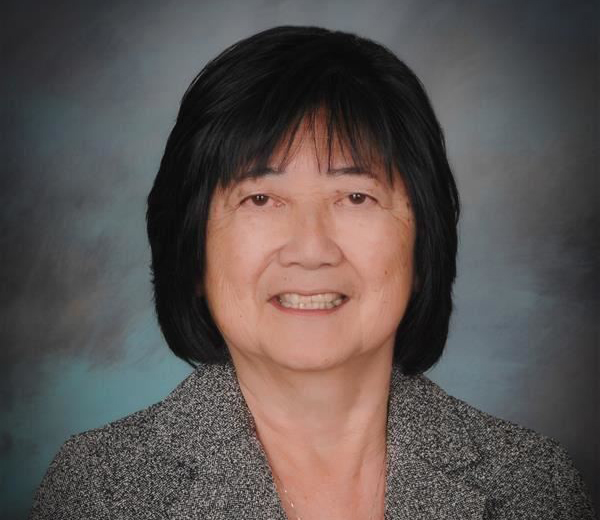Given how difficult this year has been, it’s easy to forget the modern miracle of how quickly these vaccines were developed — and the work of brilliant scientists who created this ray of hope. There are many heroes whose contributions may never be recognized, but one name that stands out is Dr. Kizzmekia Corbett, research lead of the COVID-19 vaccine project at the National Institutes of Health. Corbett’s team collaborated with Moderna to produce one of the two vaccines that most Americans have received to this point. That is worth celebrating, but also a sobering reminder that there are too few Kizzmekia Corbetts.

Fortunately, we’ve made significant strides in gender equity. After years of slow but steady growth, girls account for about half of students in high school STEM courses and score at roughly the same level as their male peers on standardized tests. That didn’t just happen by accident. Organizations like the American Association of University Women and Black Girls Code have focused on mentorships and after-school programs that nurture girls’ interest in science and have offered scholarships to encourage the pursuit of STEM degrees in college, where female participation falls dramatically.
There’s no question that girls have the interest, aptitude and skill to thrive in the sciences. It’s up to families, schools and society to nurture their passion and help them reach their potential. Are girls proportionately represented in your district’s science courses? Do your schools have female science teachers or mentors? Do your schools have a culture around science that’s inclusive and welcoming? If not, what are you doing to change it? Nothing less than the fate of the world could hang in the balance. If we don’t invest in and support our girls, we might miss out on the next Kizzmekia Corbett.